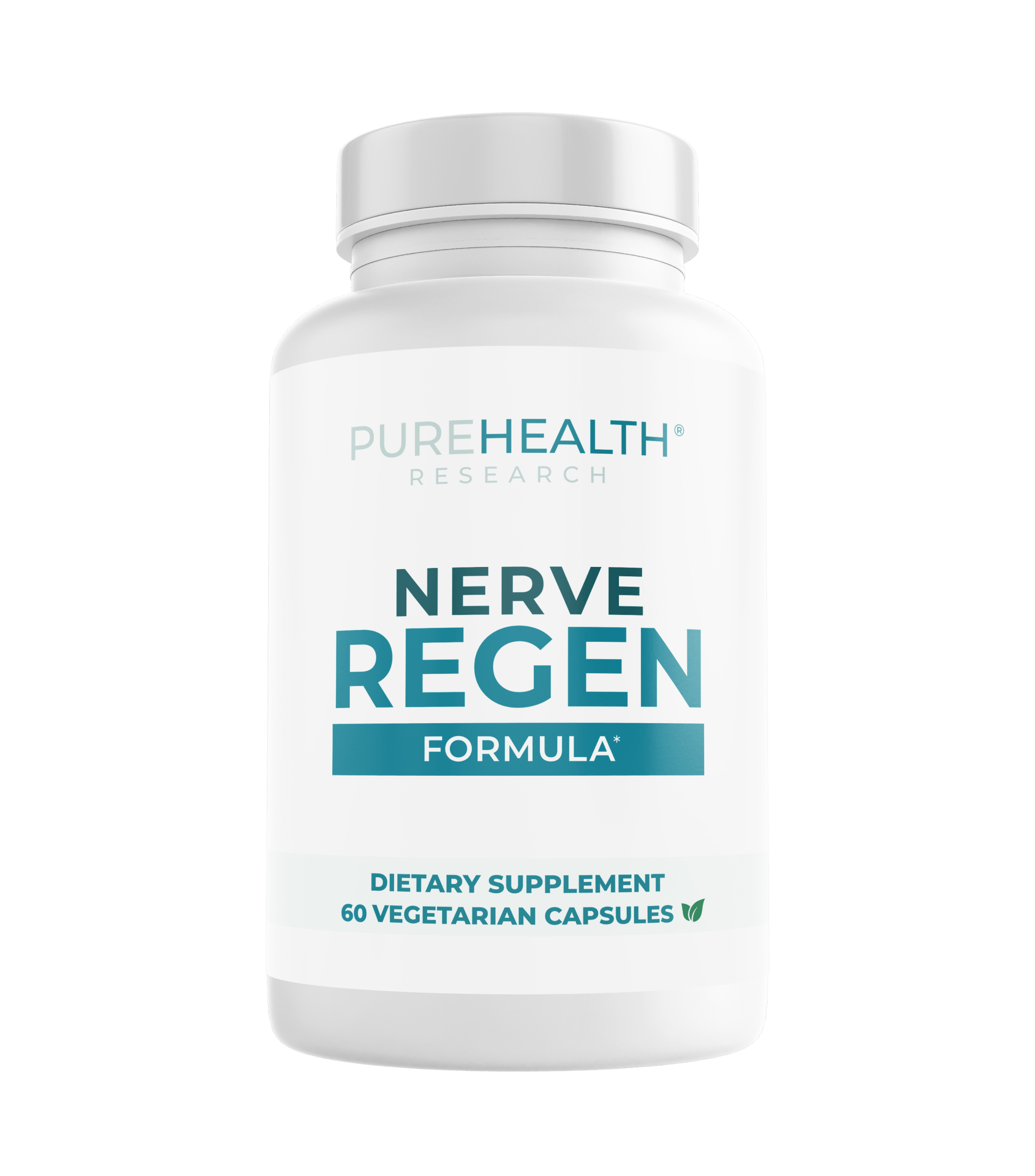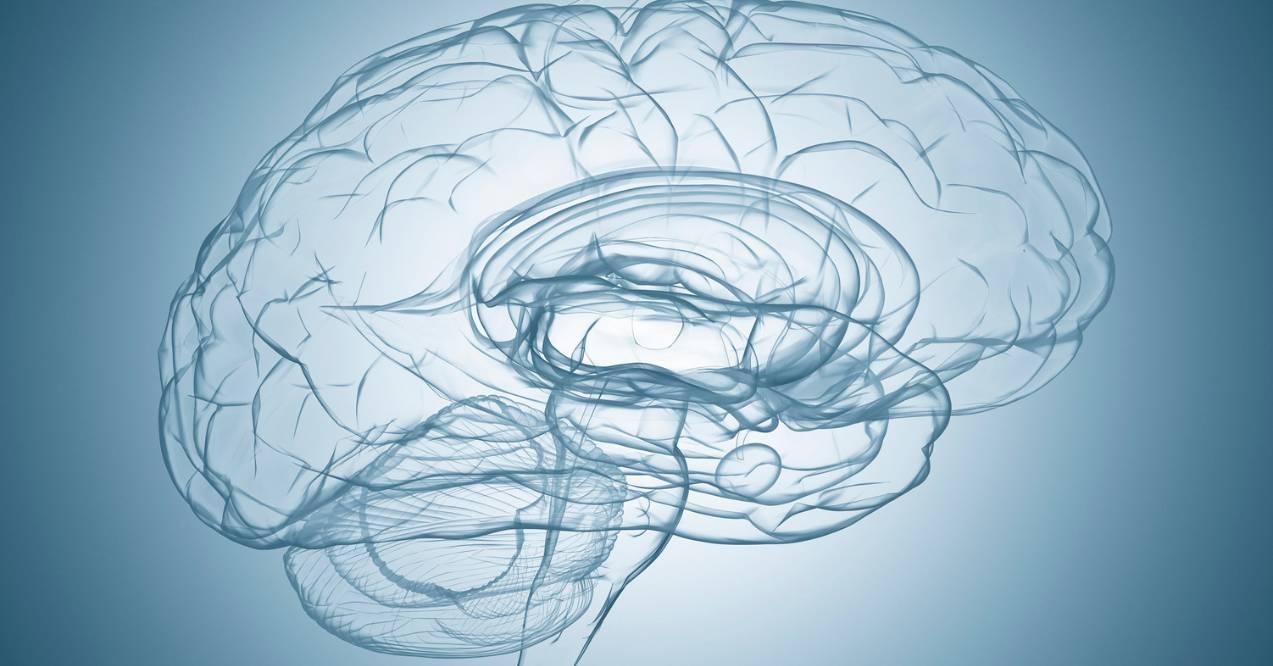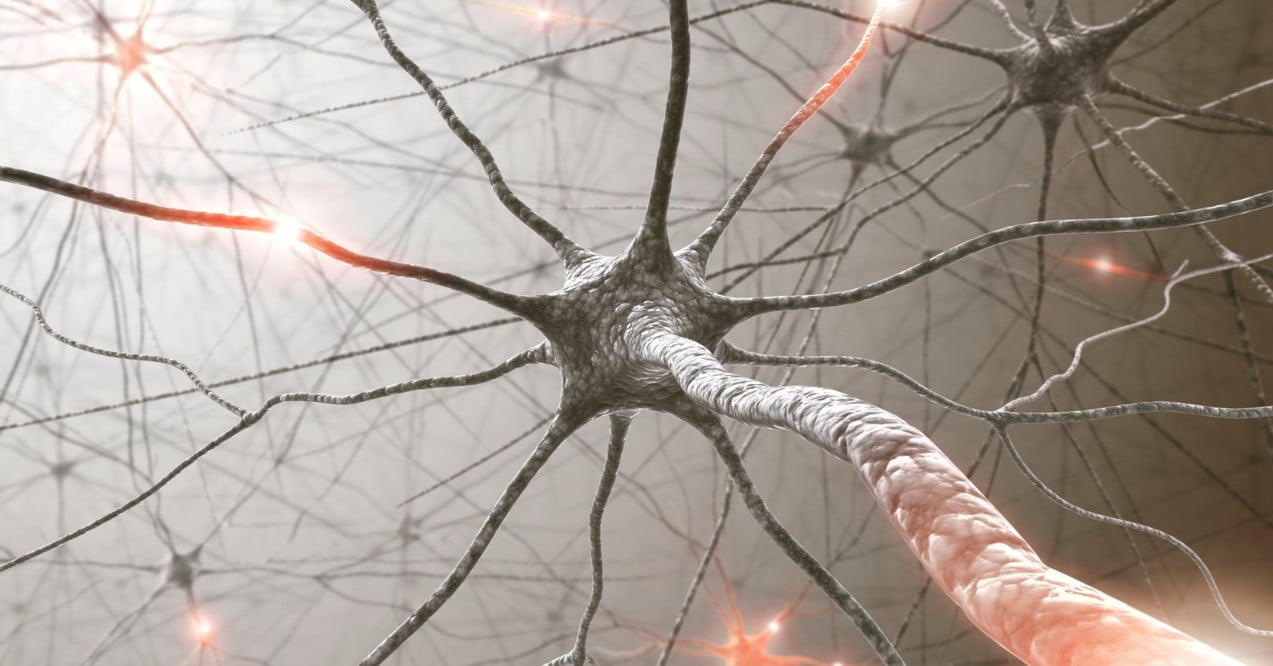The Role of Nerve Health in Managing Parkinson’s Symptoms
This Parkinson's Awareness Month, learn how nerve health influences movement and explore daily habits to support overall well-being.


As we mark Parkinson’s Awareness Day, it’s the perfect time to explore how our nervous system connects our thoughts to our movements. Parkinson’s affects this vital brain-body pathway, changing how signals travel through our nerves. This connection explains why movement becomes challenging for many people living with this condition.
Understanding this relationship can help make sense of symptoms and point toward ways to support nerve function. Let’s explore how our wonderful network of nerves works, what changes with Parkinson’s, and how to maintain these important connections.
Understanding Our Nerves and Parkinson’s

Our nervous system works like a complex telephone network, with millions of nerve cells sending messages throughout our body. These messages control everything from movement to mood.
In Parkinson’s, certain nerve cells in an area of the brain called the substantia nigra begin to function differently. These special cells normally produce dopamine, a messenger that helps control smooth, coordinated movement.
When these nerve cells don’t work properly, the amount of dopamine decreases. This creates a communication breakdown in the brain’s movement control center. Think of it like a busy highway where some lanes suddenly close – traffic (the brain signals) gets backed up and can’t flow smoothly.
The good news is that our nervous system has amazing flexibility. Research suggests that maintaining overall nerve health may support better function even when facing challenges.
By understanding this connection between nerve health and Parkinson’s symptoms, we can focus on activities that support our nervous system. This approach doesn’t change the condition itself, but may help maintain better day-to-day function and comfort.
Key Symptoms Related to Nerve Function
When nerve signals aren’t traveling properly, several noticeable changes can occur. Understanding these symptoms helps explain why supporting nerve health matters so much.
Movement Symptoms

The most visible signs of nerve function changes include:
- Tremors or shaking, especially when resting
- Muscle stiffness that can make everyday tasks challenging
- Slower movements that take more time and effort
- Balance difficulties that may affect walking or standing
These movement symptoms happen because the nerve pathways that control smooth, coordinated movement aren’t communicating effectively. Each person experiences these differently – some might notice more tremors while others experience more stiffness.
Non-Motor Symptoms

Many people don’t realize that nerve function affects more than just movement. Changes can also impact:
- Sleep patterns and quality of rest
- Energy levels throughout the day
- Mood and emotional well-being
- Memory and thinking clarity
These experiences connect directly to how our nerves process information. For example, the same nerve pathways involved in movement also play roles in regulating sleep cycles and energy.
Practical Ways to Support Nerve Health
Supporting your nerve health doesn’t require complicated routines. Simple, consistent habits often make the biggest difference in how you feel day to day.
Daily Habits That Matter

Regular movement stands out as one of the most important ways to support nerve function. Consider these options:
- Gentle walking for 10-15 minutes, even indoors
- Seated exercises that focus on range of motion
- Tai chi or similar slow-movement practices
- Simple stretching routines in the morning or evening
Quality sleep also plays a crucial role in nerve health. Your nervous system uses sleep time for important maintenance work. Creating a calming bedtime routine and keeping consistent sleep hours supports this process.
Managing stress levels helps your nervous system function more efficiently. Deep breathing, listening to music, or spending time in nature can all reduce stress. Even a few minutes of these activities daily can support your nervous system.
Social connections stimulate positive nerve pathways in the brain. Regular conversations, joining community activities, or simply sharing a meal with others all support brain health.
Nutrition for Nerve Support
What you eat directly affects how your nerves function. Focus on:
- Colorful fruits and vegetables full of protective plant compounds
- Healthy fats from sources like olive oil, avocados, and nuts
- Adequate protein which provides building blocks for nerve maintenance
- Consistent hydration with water throughout the day
For additional support, consider adding targeted best supplements for nervous system. Nerve Regen Formula is formulated with natural ingredients including Vitamin D3 and Vitamin B2. These nutrients have been carefully selected to support optimal nerve function and comfort. The formula works alongside a healthy diet to help maintain nerve system health and promote overall well-being in those concerned about nerve health.

Remember, it’s always advisable to consult with your healthcare provider before adding any new supplement regimen.
Consult with Healthcare Professionals
Regular communication with your healthcare providers helps you develop personalized strategies. Keep track of which activities seem to help you feel your best, and share these observations during appointments.
Physical therapy can offer specialized exercises targeting specific movement challenges. Ask about options that might be available to you.
Remember that each person responds differently to various support strategies. What works wonderfully for one person might not work as well for another. The key is finding your personal combination of habits that best support your nerve health.
Conclusion
As we honor Parkinson’s Awareness Month, remember that supporting nerve health is a journey, not a destination. Small, consistent actions often create the most meaningful improvements in daily comfort and function.
Remember that each person’s experience with Parkinson’s is unique. What works well for one person might need adjustment for another. The most important thing is to stay engaged with your own health and wellbeing. Small, consistent efforts often lead to the most lasting benefits.
Managing Parkinson’s disease symptoms typically involves a mix of medication, lifestyle changes, and therapies. Physical and occupational therapy can help with movement and daily tasks, while some individuals may consider surgery as part of their treatment plan.
Yes, Parkinson’s disease affects the nervous system by disrupting dopamine production, which impacts movement. It can also influence other functions like blood pressure regulation and digestion.
Nerve discomfort in Parkinson’s disease may be managed with medications like gabapentin, physical therapy, and lifestyle changes such as regular exercise and proper rest.
Sign up for our Healthy Living newsletter!
Advertisement. This site offers health, wellness, fitness and nutritional information and is designed for educational purposes only. You should not rely on this information as a substitute for, nor does it replace, professional medical advice, diagnosis, or treatment. If you have any concerns or questions about your health, you should always consult with a physician or other health-care professional. Do not disregard, avoid or delay obtaining medical or health related advice from your health-care professional because of something you may have read on this site. The use of any information provided on this site is solely at your own risk.











